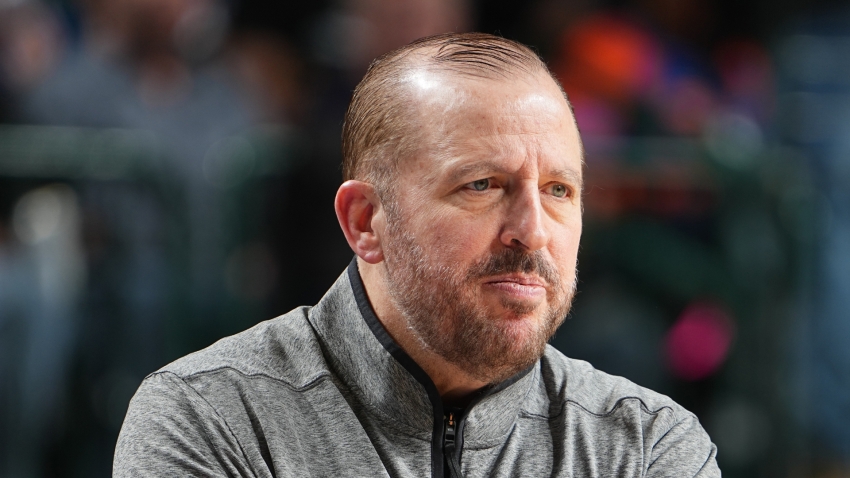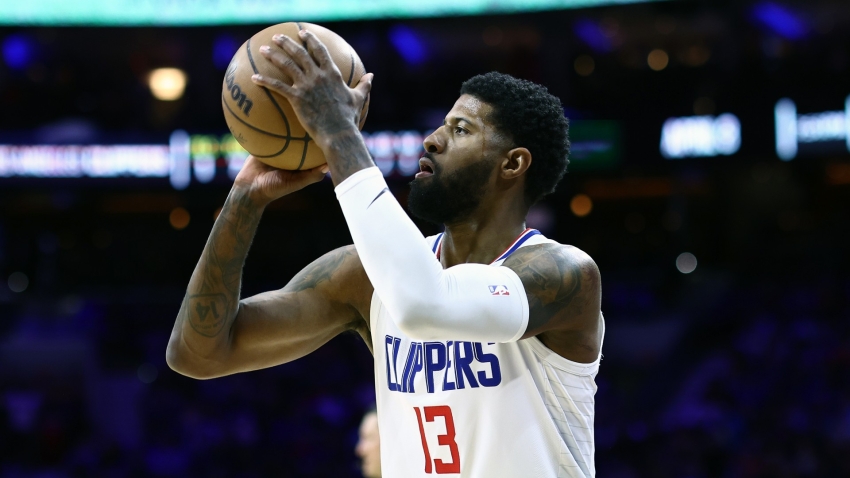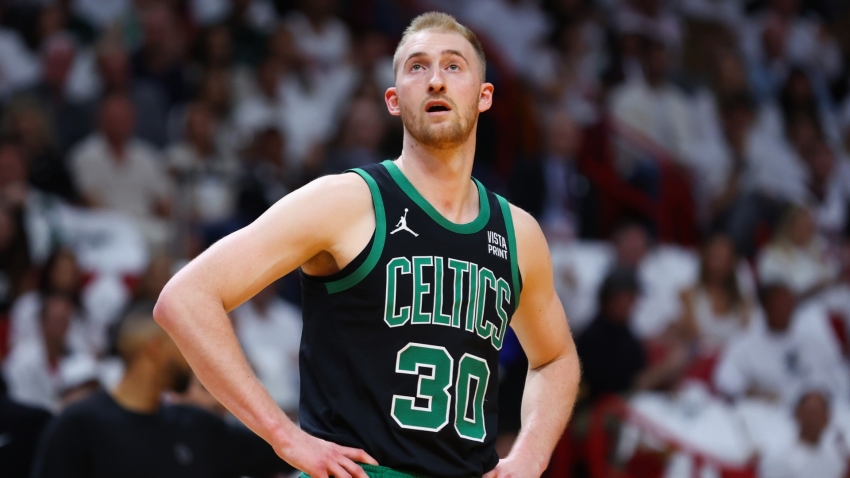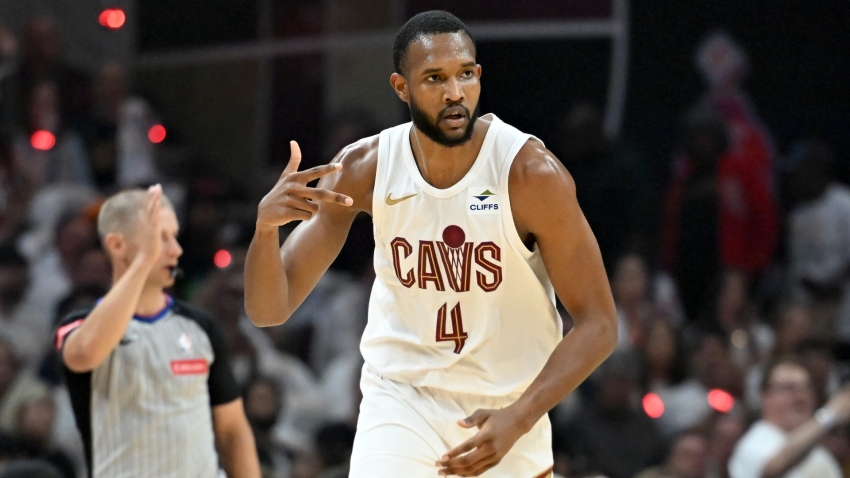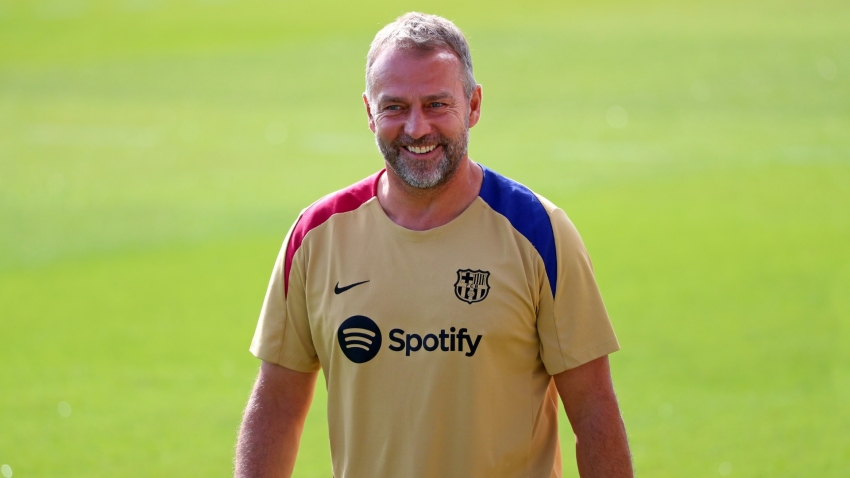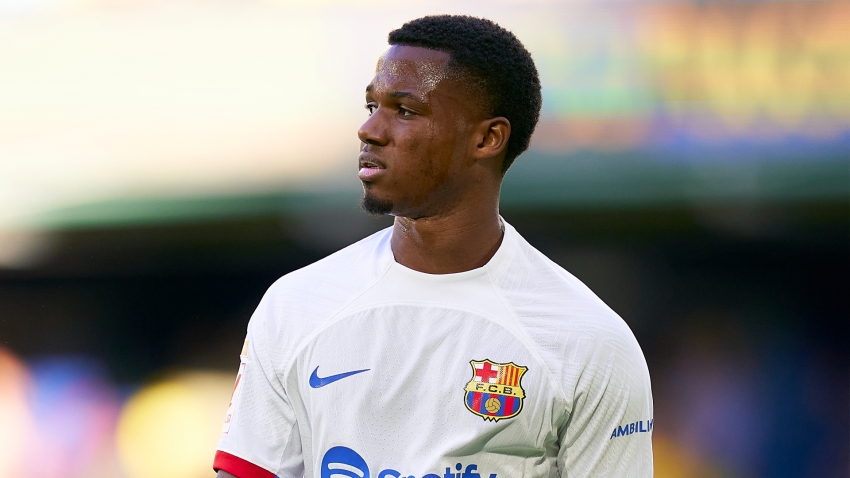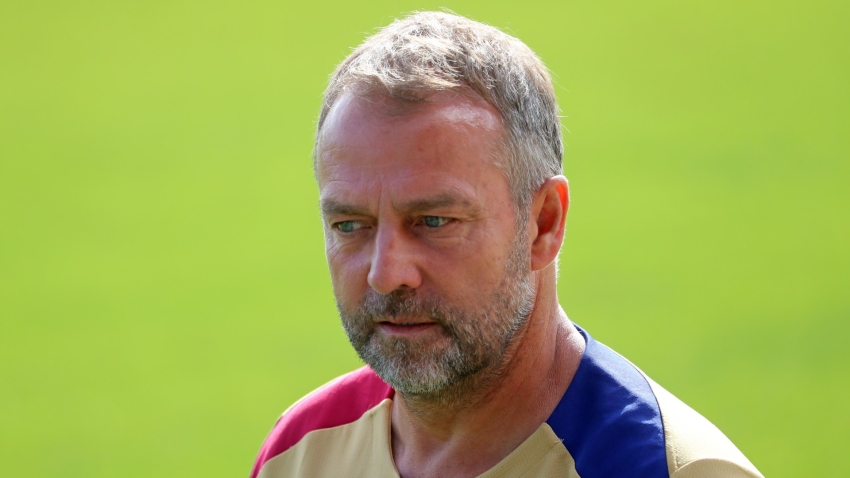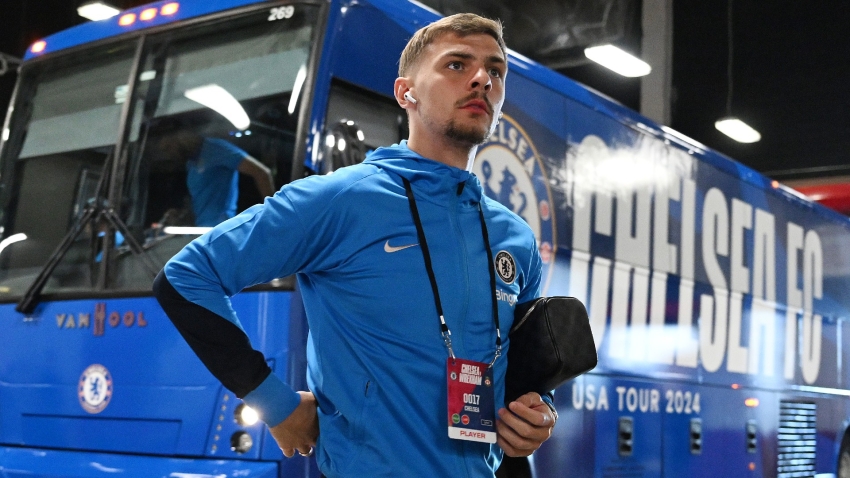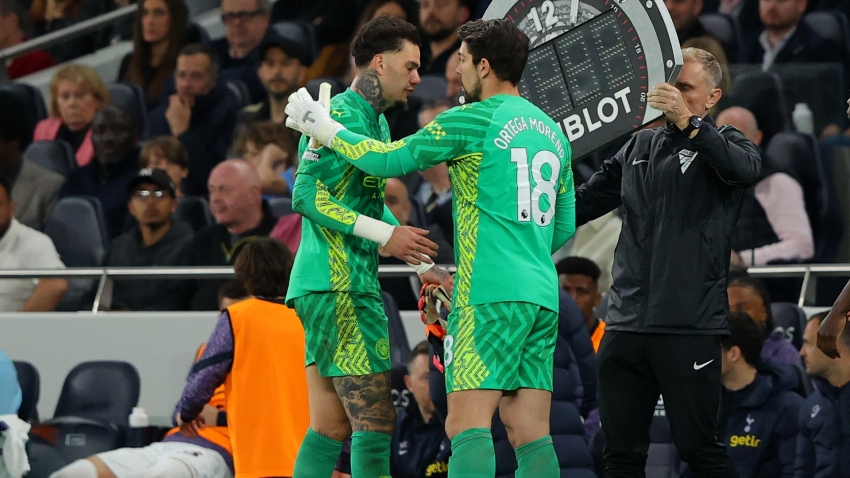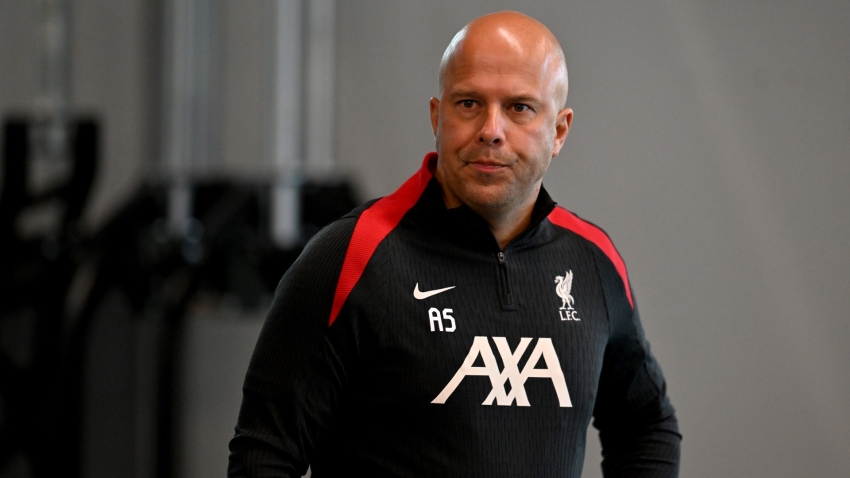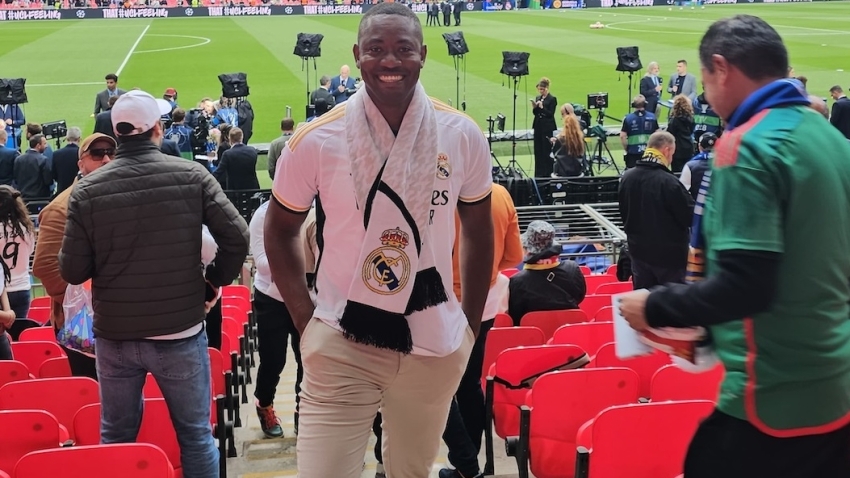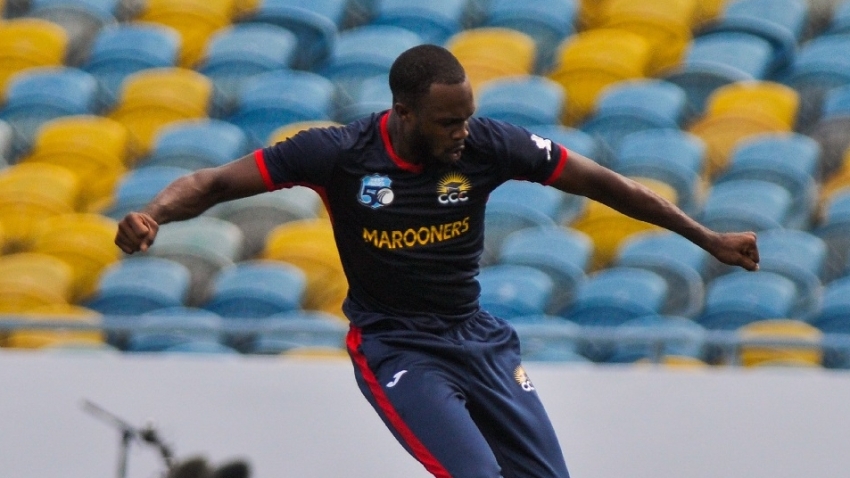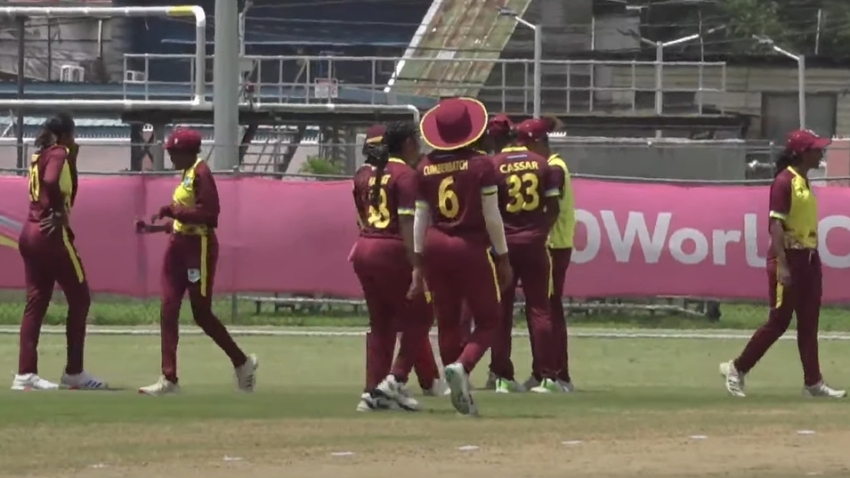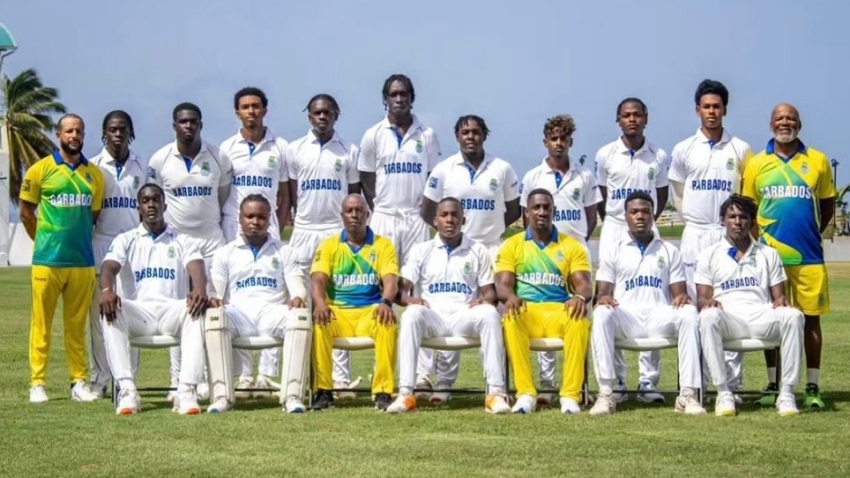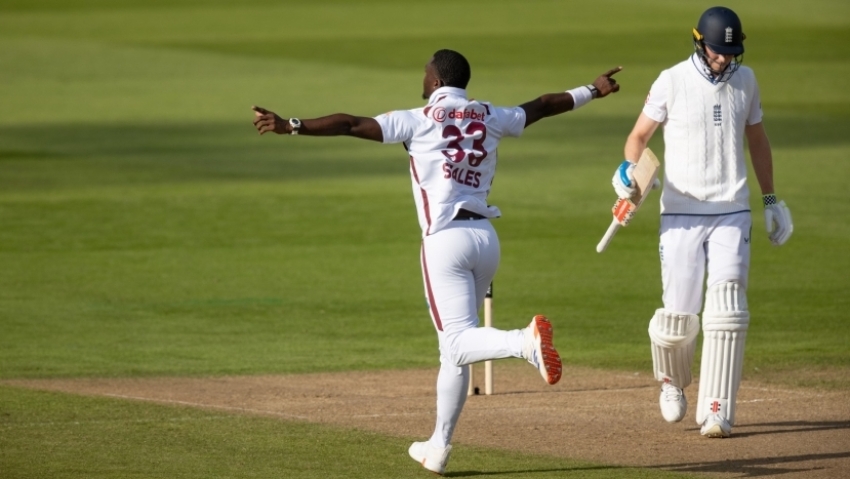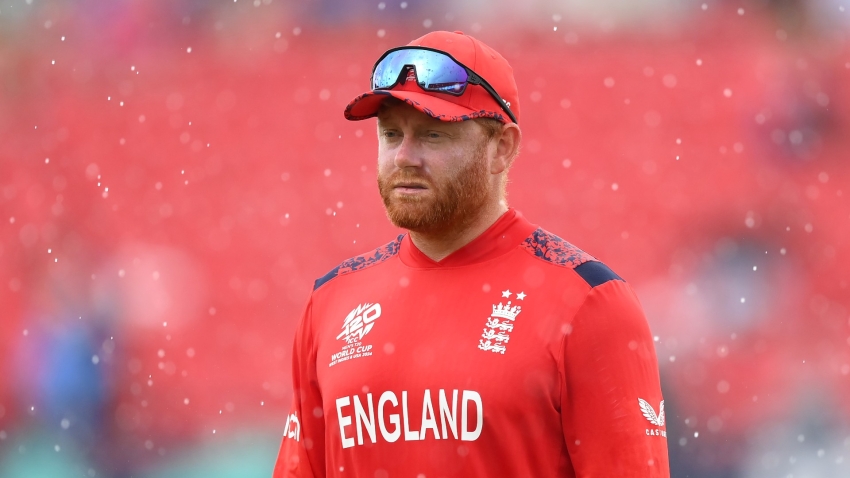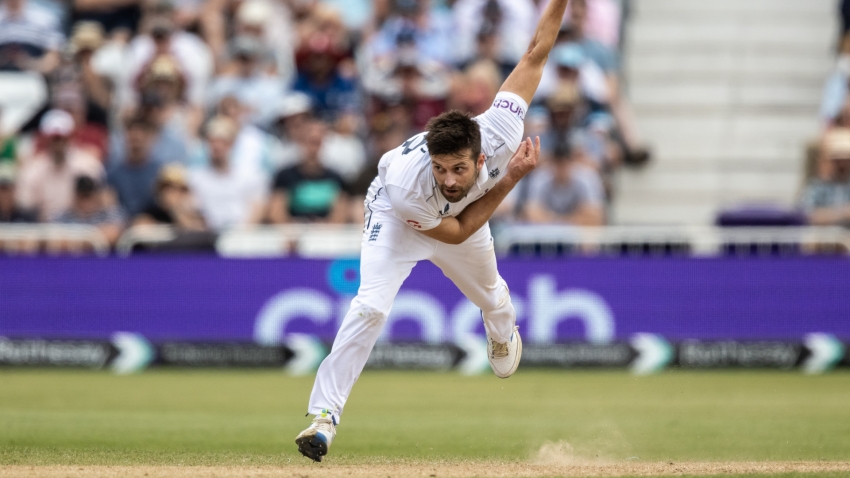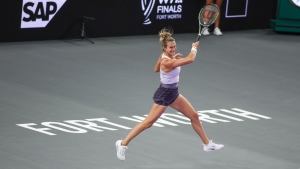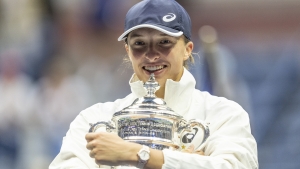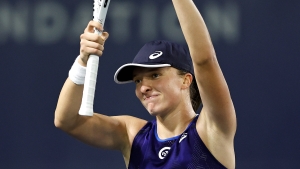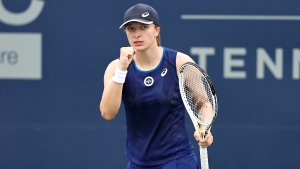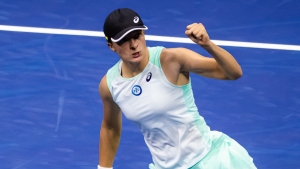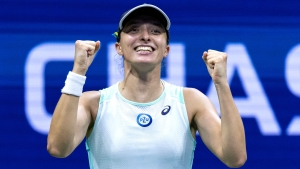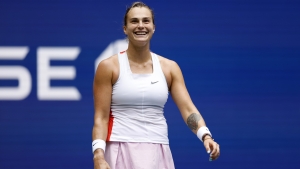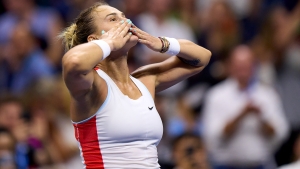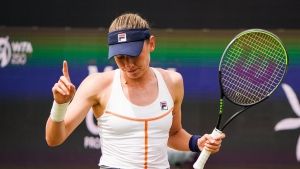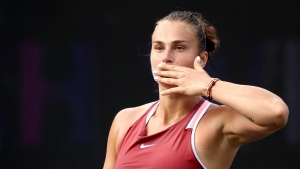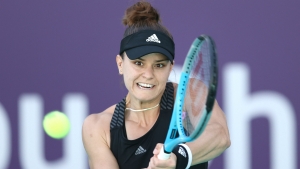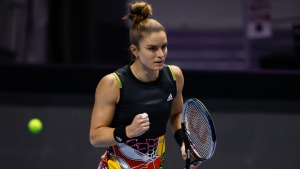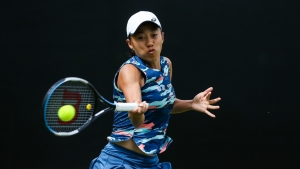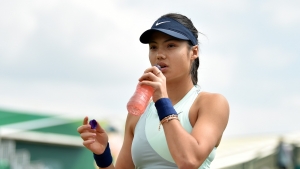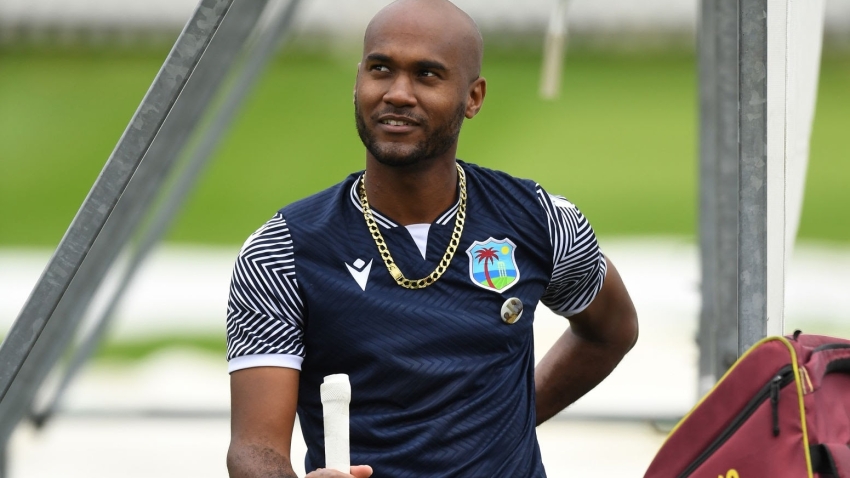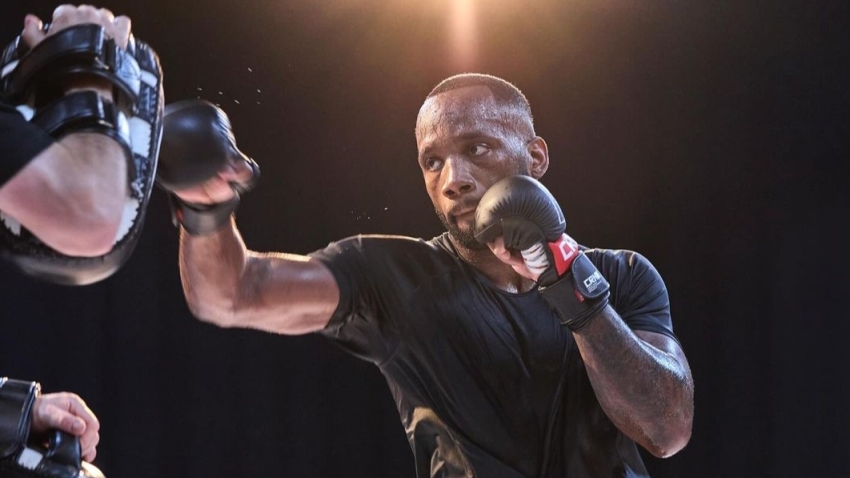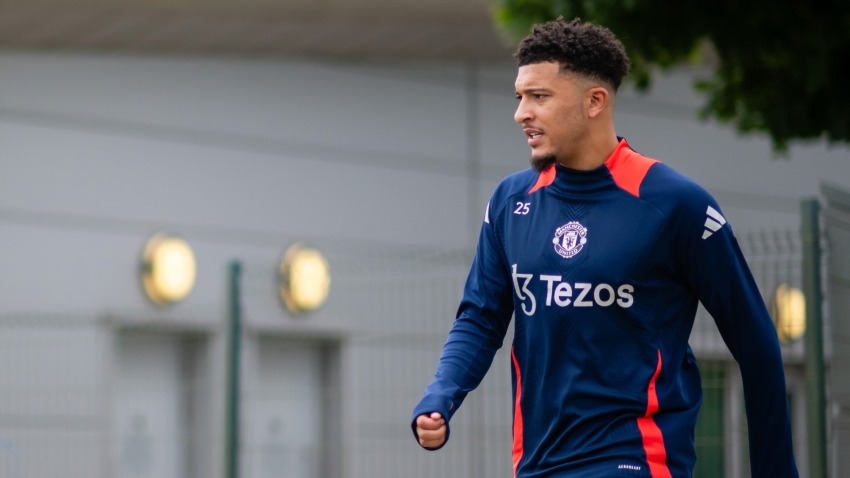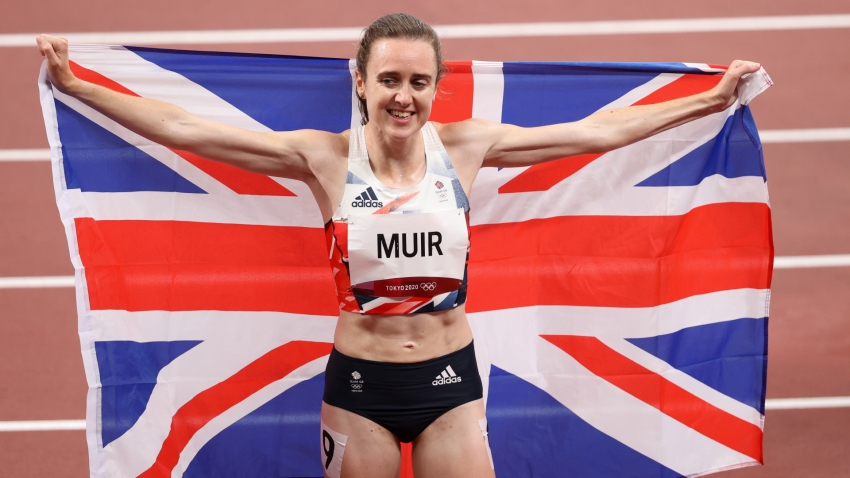There will be one racing certainty when the WTA Finals gets under way: a new champion will be crowned.
Iga Swiatek heads the list of contenders to carry off the trophy in Fort Worth, Texas, having enjoyed a spectacular season.
Ascendant Americans Jessica Pegula and Coco Gauff will be chasing a home victory, while Tunisia's Ons Jabeur has reached finals at Wimbledon and the US Open so loves the big occasion.
Ahead of the tournament getting under way on Monday, Stats Perform has taken a look at the eight-player field.
Swiatek still the player to beat
With no past winner in the line-up, there is every reason to look to the world number one, Swiatek, as favourite.
The 21-year-old Polish player has eight titles this year, lifting trophies at Doha, Indian Wells, Miami, Stuttgart, Rome, the French Open, the US Open and San Diego.
Indeed, she is the only grand slam singles winner in the draw, with Ash Barty having retired and Elena Rybakina absent after no ranking or race points were awarded at Wimbledon, where she was a surprise champion.
Rybakina's absence calls into question the meritocracy of this year's tournament, which is intended to showcase the top performers on tour, yet there can be no doubt the season's premier performer is in the draw.
French Open and US Open winner Swiatek's remarkable run of 10 straight-sets victories in finals (dating back to the 2020 French Open) was finally ended by Barbora Krejcikova, who sprang a shock by winning in Ostrava in early October.
But by getting back to winning ways a week later in San Diego, scrapping for a three-set victory over Donna Vekic in the title match, Swiatek produced a typically impressive response, beating Qinwen Zheng, Gauff and Pegula on her way through the draw to improve to 64-8 in her win-loss record for the year.
Here is a measure of her dominance this season: Swiatek headed the 'Race to the WTA Finals' rankings with 10,335 points, with the players in second (Jabeur) to eighth place (Daria Kasatkina) having tallies ranging between 4,555 and 2,935 points.
Is Pegula the chief rival to Swiatek?
She might not have been the player that would have sprung to mind even a month ago, but Pegula's victory at the Guadalajara Open this month was an eye-opener.
Beginning by saving match points in a thrilling three-setter against Rybakina, Pegula took down grand slam winners Bianca Andreescu, Sloane Stephens and Victoria Azarenka before swatting aside Maria Sakkari in the final.
Pegula has reached quarter-finals at the Australian, French and US Opens in 2022, and she has a tour-high 39 wins in WTA 1000 events since the beginning of last year.
She is up to third in the WTA rankings, one ahead of Coco Gauff, with the United States now having two women in the top five for the first time since October 2010, when Serena Williams was number two and sister Venus sat fourth.
As Pegula said after the Guadalajara final: "I'm definitely a very ambitious person. A little bit of a perfectionist, as well. I don't think you could win if you weren't ambitious, especially at this level.
"I feel like it's going to give me more motivation going forward knowing I can win these big titles. I think it will give me a lot of confidence ending the year, going into next year."
These are spirited words. She heads into the tournament with a 0-4 record against Swiatek in 2022, however.
Who's in, who's out, what's it all about?
As well as Swiatek and Pegula, the field for the eight-day tournament includes Caroline Garcia, Aryna Sabalenka and Sakkari, who have all featured at the WTA Finals in the past.
Four players make their debuts, including Pegula, who is joined as a newcomer by Jabeur, Gauff and Daria Kasatkina.
Gauff, 18, has become the 14th player aged under 19 to reach the WTA top five since the rankings were introduced in 1975.
She would not be the youngest WTA Finals champion, were she to lift the title, as Monica Seles has a tight grip on that record, having triumphed at the age of 16 years and 11 months at the 1990 edition.
Last year's champion Garbine Muguruza is absent. The Spaniard was expected by many to push on and enjoy a stellar 2022 season, but it did not play out that way, with the former French Open and Wimbledon winner sliding to 57th in the world rankings after a dismal campaign.
It goes to show that whoever prevails in Fort Worth, we should be cautious about treating the outcome as an indication of what to expect in the new year.


